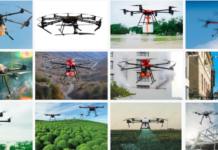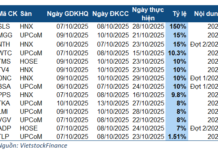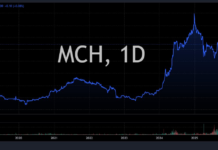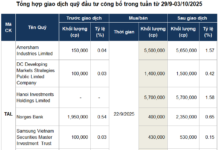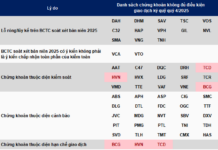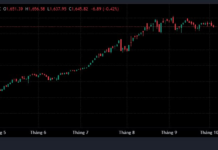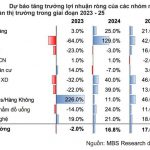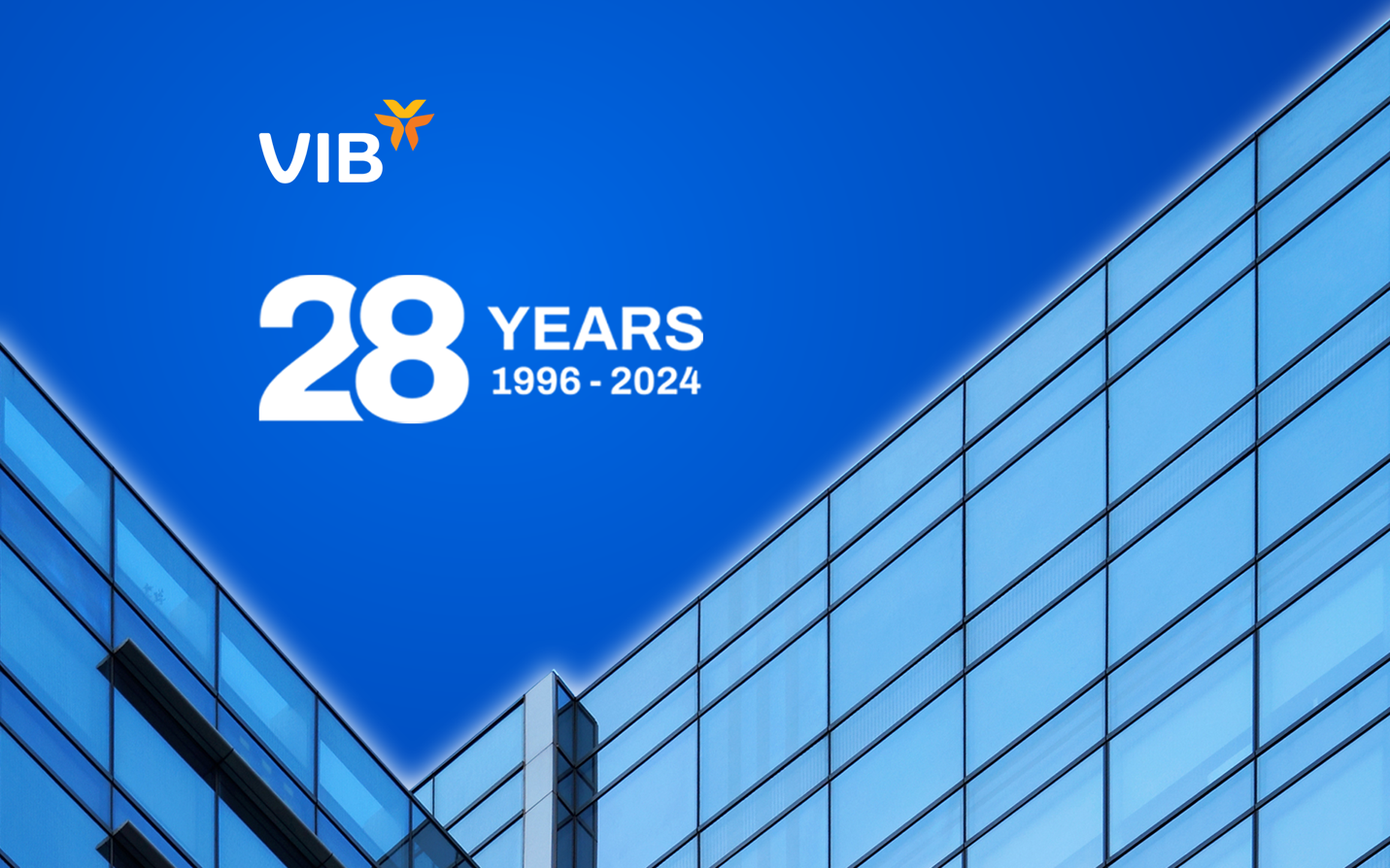From July 1st, biometric authentication will be required for transactions over 10 million VND, however, many users have encountered difficulties. In reality, banks still face obstacles in implementing this technology. In response to this issue, the Deputy Governor of the State Bank of Vietnam (SBV), Pham Tien Dung, provided specific solutions at the regular Government press conference on July 6th.

Deputy Governor Pham Tien Dung pledges that all issues related to the implementation of biometrics in banking transactions will be addressed by the banking system – Photo: VGP/Nhat Bac
|
After the account cleaning process, there will be no more fake documents.
According to Deputy Governor Pham Tien Dung, the first objective of Decision 2345/QD-NHNN is to clean up accounts as there are now citizen identification cards with chips, while previously, there were multiple types of identification documents, which could be exploited by criminals. Now, the SBV is working with the Ministry of Public Security to clean up accounts, and only transactions over 10 million VND will require customers to undergo the biometric process. As a result, after the account cleaning process, there will be no more fake documents.
Biometric verification is a simple process. It involves comparing the face of the person conducting the transaction with the database, and if there is a match, the transaction is approved. This additional step is not necessary for transactions below 10 million VND for essential goods.
Our statistics show that in June, transactions over 10 million VND accounted for 8% of the total number of transactions, averaging 1.8 to 2 million transactions per day.
Currently, over 80% of adults in Vietnam have a bank account, which equates to approximately 65 million people. The total number of accounts is around 180 million, meaning that on average, each Vietnamese citizen has about 3 accounts. As of July 5th, banks have cleaned up 19 million accounts using citizen identification cards with chips.
According to statistics, July 5th saw a peak of 26.3 million transactions in the interbank electronic system, the highest in the last 10 days. Of these, 8.35% were transactions over 10 million VND.
Support at the counter is necessary
On July 1st, as reported by the media, there were certain issues due to the high number of users accessing the system simultaneously. However, from July 2nd to 5th, the system operated normally. We accurately identified 19 million accounts, of which 10% were directly supported by bank staff at the counter.
According to the Deputy Governor, the need for counter support arises when customers do not have a citizen identification card with a chip, but only the old identification card or household registration book. Additionally, some customers do not have NFC-enabled phones, and the bank will assist them in completing the process.
No solution is completely safe
Regarding the challenges faced, the Deputy Governor mentioned two guiding documents for situations where customers do not have citizen identification cards with chips. Most recently, Vietcombank announced that as of July 1, customers no longer need NFC-enabled phones, as they can now link their VNeID with the Vietcombank application.
In terms of information security, the Law on Credit Institutions stipulates the responsibility of banks in protecting customer information, and the Law on Cybersecurity provides for the protection of information. All banks must comply with these regulations. The SBV has also issued a circular on ensuring security, safety, and confidentiality.
For transactions over 10 million VND, an additional step of biometric verification has been added, while the remaining steps remain unchanged. The Deputy Governor emphasized that this is an additional security measure and does not reduce any existing security steps.
Regarding recommendations, the Deputy Governor stated that no solution is completely safe, and as criminals come up with new tactics, banks must continuously provide warnings and educate customers about these new schemes. As soon as a new tactic is identified, a warning must be issued.
A survey conducted on July 5th revealed that 94% of respondents were aware of these issues through the media.
Moving forward, the banking sector has two main tasks: protecting the legitimate rights and interests of customers and ensuring information security.
The SBV has requested credit institutions to record all difficulties and obstacles faced by customers and find solutions. Additionally, mobile banking applications should be continuously upgraded to counter new tactics and ensure the security and safety of customers.
“I pledge that any issues reported to the banking system will be addressed,” said the Deputy Governor.
We will proceed gradually, ensuring that each step is secure, with the sole objective of protecting the rights and interests of customers.
Optimize Costs for the 2024 Shareholders’ Meeting with Online Operation
Prior to the annual general meeting (AGM), the report from MBS Securities predicts that the net profit of listed companies will increase by 16.8% in 2024. Many businesses are optimizing input costs in the smallest activities, with a focus on prioritizing AGM organization and online voting, which can save up to 80% of resources.
VMG eID-VMG Bio-2345: The Next-Gen Solution for Bank Account Protection
Despite constant warnings from banks, regulators, and the media, many people still fall prey to sophisticated online scams and lose their hard-earned money. This problem is becoming increasingly prevalent, and it is crucial to find effective solutions to protect citizens in the digital age.











